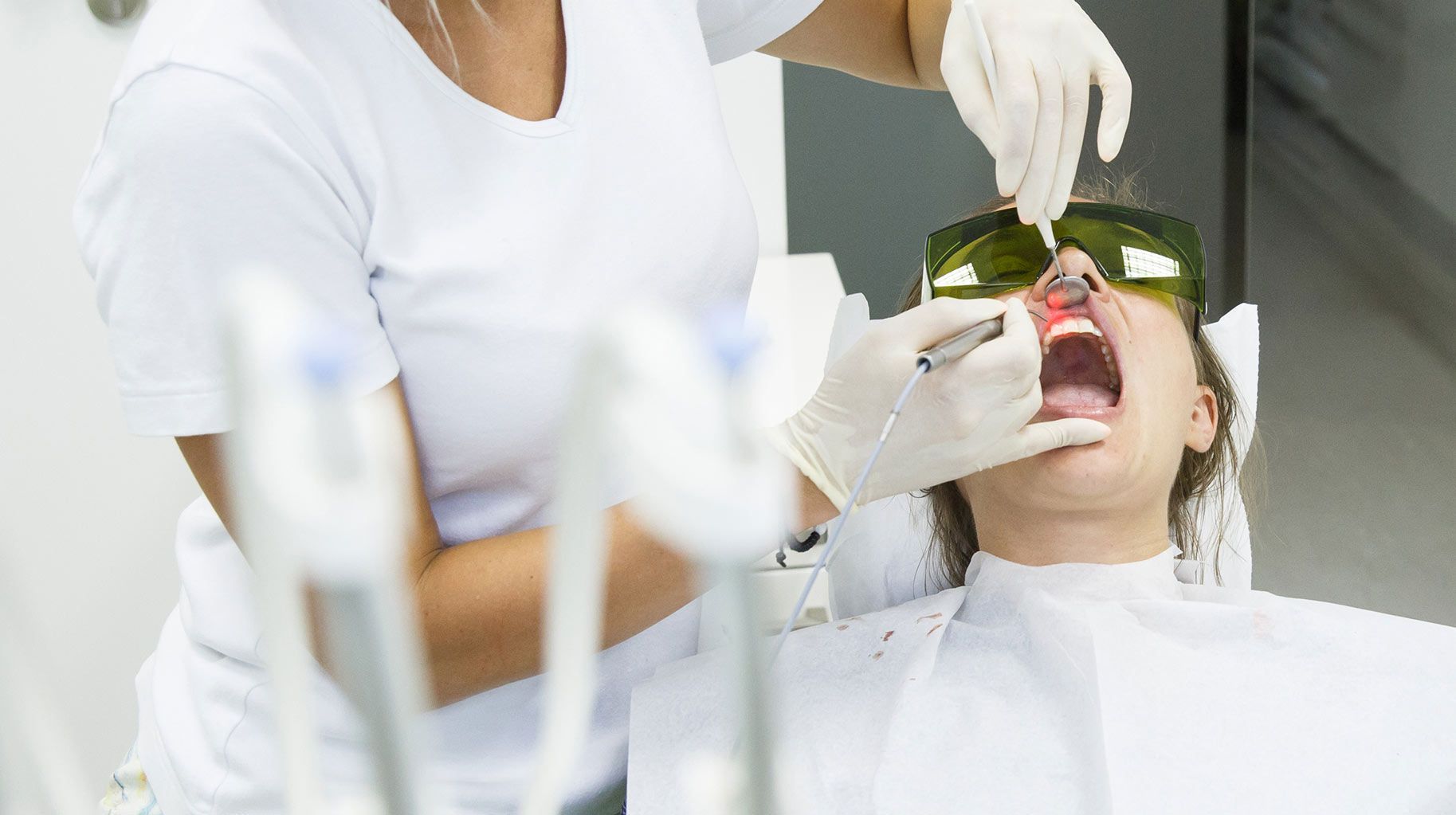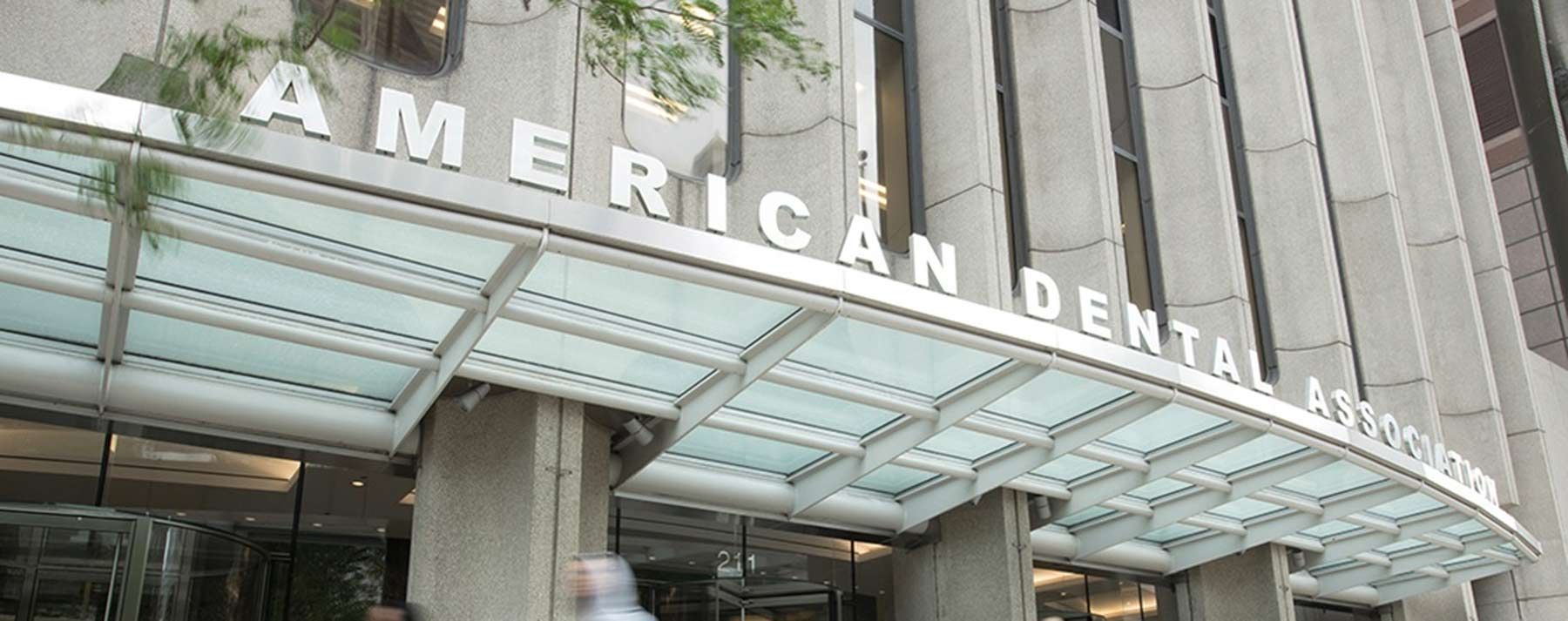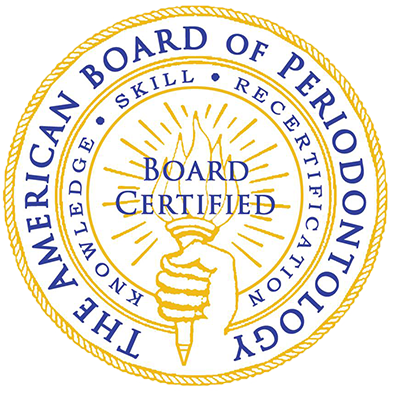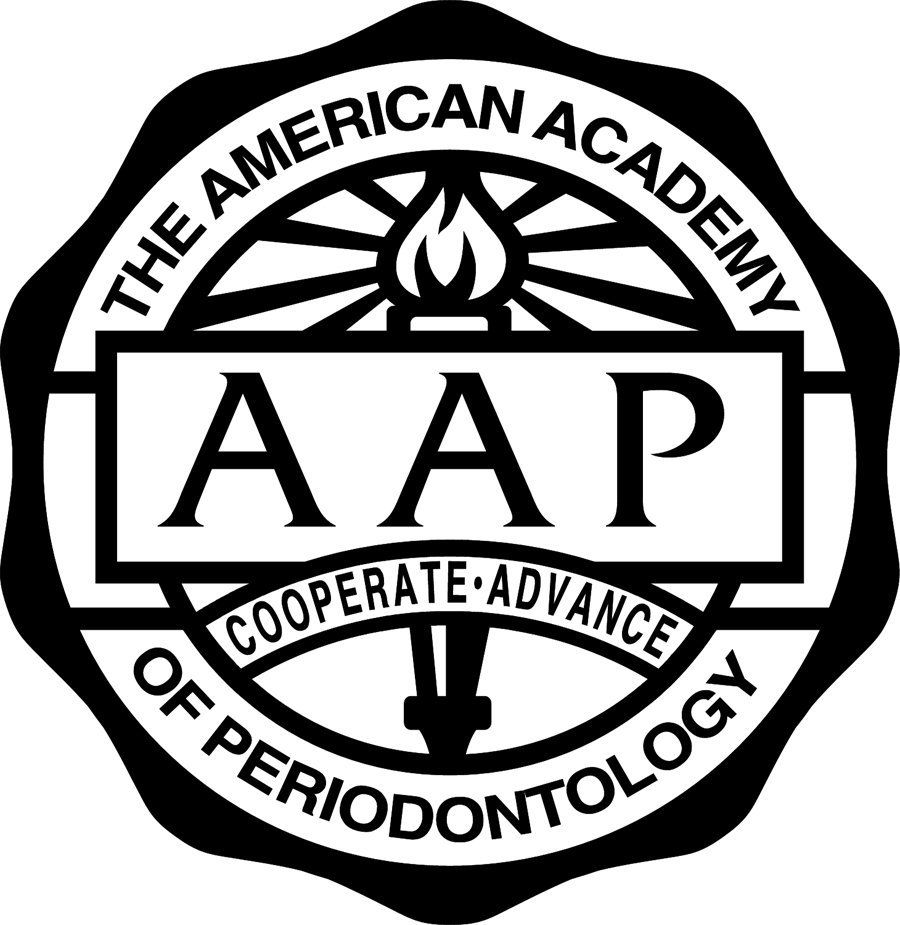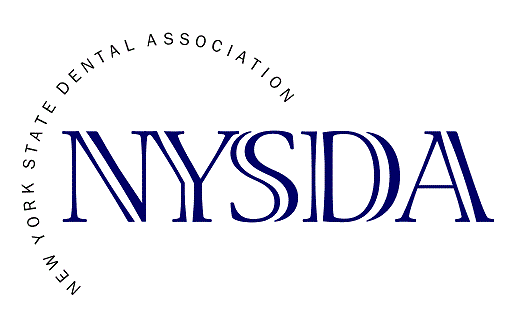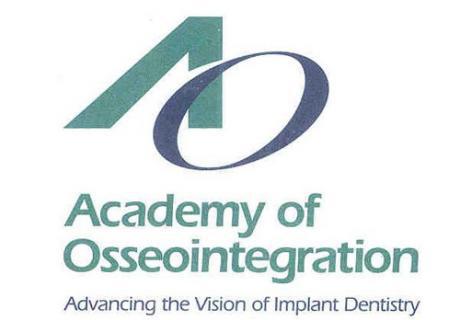Periodontal Disease and Oral Cancer
A growing number of studies indicate that the presence of periodontal disease results in significantly higher risks of oral cancer for both those who smoke and consume alcohol and those who don't.
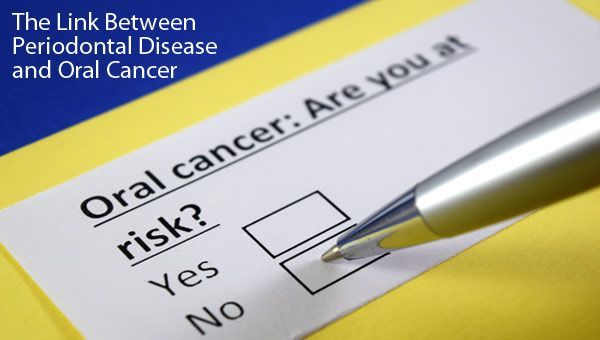
The Connection Between Periodontal Disease and Oral Cancer from Dr. Stephanie Sfiroudis, Leading Nassau County Periodontist
Medical studies long have established a link between periodontal disease and increased risk of other diseases. For example, just as periodontal disease contributes to a buildup of plaque on the teeth, it also can contribute to a buildup of plaque in the arteries which increases the risk of heart disease. Other studies now are finding connections between periodontal disease and specific forms of cancer, including pancreatic cancer, breast cancer, and cancers of the head and neck such as oral cancers.
What is Periodontal Disease?
Periodontal disease, or periodontitis, is commonly referred to as gum disease. The plaque that forms on your teeth; which is made up of food particles, bacteria, and mucus; can filter into the small crevices between your gums and teeth. Without brushing, flossing, and regular dental checkups and cleaning, the plaque can cause infection and inflammation.
During the early stages of gum disease, known as gingivitis, the gums become reddened and bleed easily. Gingivitis can be reversed, but with periodontitis, the more advanced stage of gum disease, pockets form as the gums pull away from the teeth. Without the protection of the gums, the bone and ligament that support the teeth begin to break down, and the teeth become loose in their sockets. If periodontal disease remains untreated, the loose teeth eventually will need to be removed.
How is Periodontal Disease Related to Oral Cancer?
We all have a community of billions of normally benign and even helpful bacteria living in our mouths that are known collectively as the oral biofilm. However, when these bacteria become trapped in plaque between the teeth, they produce the pathogens that cause infection and inflammation of the gums. Pathogenic bacteria produce toxins, and they and their toxins can get into your bloodstream. Your immune system reacts to the pathogens and their toxins by causing the liver to produce C-reactive proteins (CRP), and the increase in CRP levels results in a chronic, low-grade inflammation throughout your body as it maintains its preparedness to fight the infection.
If the periodontal disease remains untreated, your body adjusts to this heightened inflammatory state, which makes your immune system less responsive. Over time, your immune system can suffer irreversible damage, and this damage is believed to be a key factor in the link between periodontitis and oral cancers. A growing number of studies indicate that the presence of periodontal disease results in significantly higher risks of oral cancer for both those who smoke and consume alcohol and those who don't.
A study conducted between 1999 and 2005 found that the risk of tongue cancer increased significantly with each millimeter of bone lost due to periodontal disease. In fact, some studies show that each millimeter of bone loss is associated with a more than four-fold increase in the risk of head and neck cancers, especially in relation to oral cancers, cancers of the larynx (the voice box), and cancers of the oropharynx (the back of the mouth and throat).
Tooth loss represents another risk factor for the development of oral cancer. A study found that, after adjustments were made for smoking and alcohol consumption, those who had lost 11 or more teeth had a 2.7-fold greater risk of developing an oral cancer than those who had lost no teeth. The risk was much greater for those who smoked and/or consumed alcohol and who had never had the lost teeth replaced.
These studies make it clear that proper dental hygiene is imperative. It can literally save your life.
Please contact Dr. Stephanie Sfiroudis for a free consultation regarding any questions or concerns about periodontal disease and its connection to increased risk of oral cancer or other diseases.

